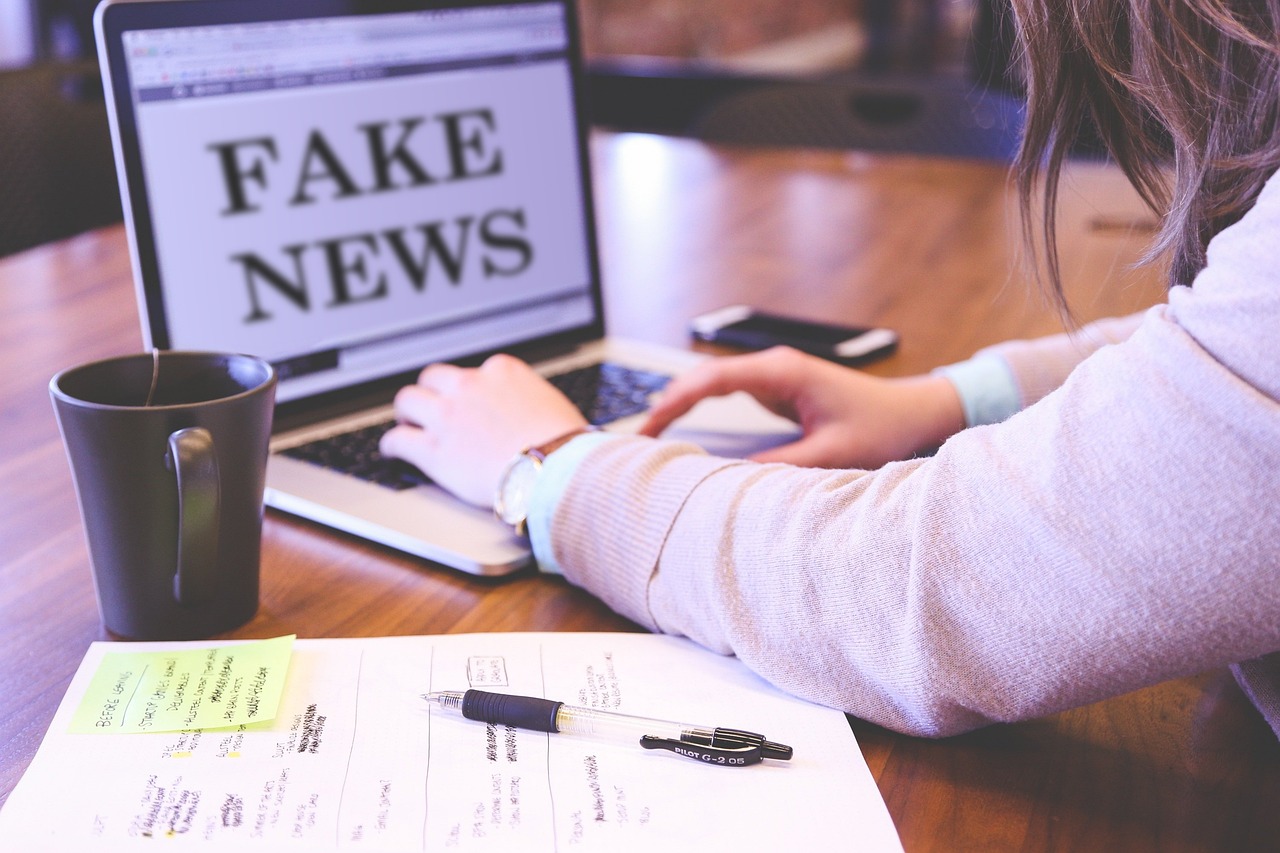News release
From:
Online searches to evaluate misinformation may increase its perceived veracity
People asked to evaluate the truthfulness of fake news stories using a search engine may be more likely to believe the misinformation as true, a study in Nature suggests. Follow-up experiments suggest that this finding may be due to the poor quality of information yielded by the searches, suggesting that digital literacy programmes are essential to help people evaluate the quality of research they find.
As misinformation and the political divide continue to grow, the search for truth may be more complicated than a quick search online. Previous research has been conducted on the way misinformation can proliferate through social media platforms, but little attention has been paid to the way people try to fact check that misinformation on search engines.
Kevin Aslett and colleagues first asked 3,006 respondents from the United States to rate the accuracy of recently published (within the last 48 hours at time of participation) news stories. In this initial test, the team found that respondents who were encouraged to search online to evaluate misinformation were 19% more likely to rate false claims as true than those who were not prompted to search online. The tests were repeated four times, producing consistent results.
The researchers also present evidence that those who search online to evaluate news are more likely to stumble upon corroborating evidence from low-quality news sources, which the authors refer to as a ‘data void’. These findings illustrate that evaluating news via a search engine can increase belief in the accuracy of news from low-quality news sources.
The authors note that these findings point to the need to develop and implement robust digital literacy programmes which emphasize the use of search engines.



 International
International



